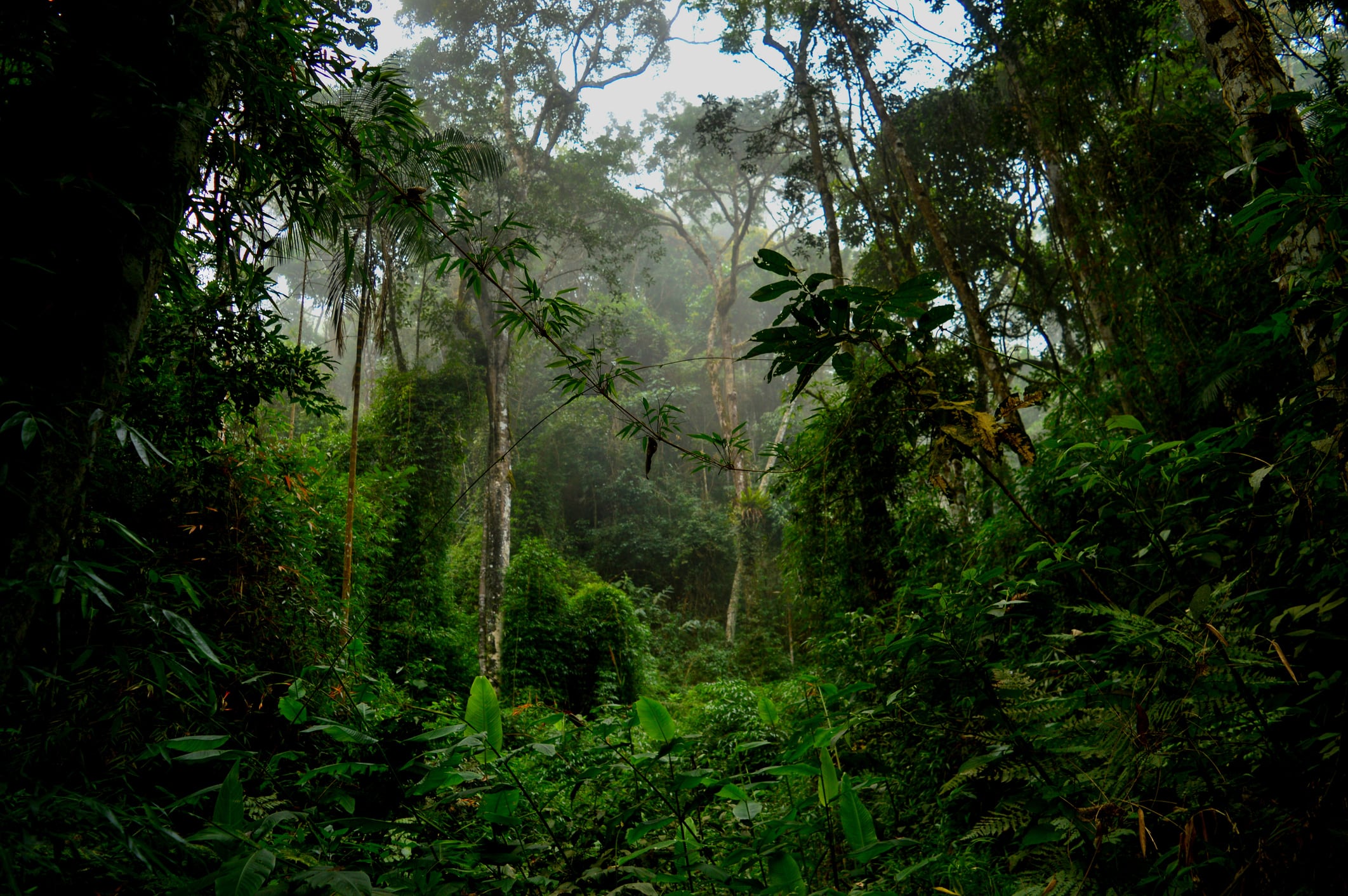The collaboration provides access to approximately 1,000 native plant species, many of which are previously unstudied, potentially leading to the development of new fragrance and cosmetic ingredients.
To learn more about how this partnership signals an investment in a fresh source of sustainable, high-performance materials for beauty manufacturers and suppliers navigating a competitive naturals market, CosmeticsDesign U.S. spoke with Fabiana Munhoz, Sustainability Director at IFF Scent.
How IFF selects which plants to explore
With access to such a large and diverse range of species, IFF needed a focused way to evaluate which plants hold the most promise. The company applies a structured research process designed to surface ingredients that perform and scale well.
“We start by narrowing the field based on characteristics we’re targeting—like olfactive uniqueness, interesting chemical makeup, or documented bioactivity,” said Munhoz. “Then we run initial extractions and lab evaluations to see how viable each plant is from both a performance and safety standpoint.”
Only a handful make it past that early stage, she explained, and candidates that show promise move on to deeper analysis, including extraction optimization and performance testing for different applications.
What sets this collaboration apart
IFF and LMR Naturals now have exclusive research rights at the reserve, and the company believes that will lead to a faster and more differentiated pipeline.
“The on-site analysis unlocked by the agreement will speed up the discovery of novel compounds derived from the area’s unique flora, reducing the time from months to days,” Munhoz said.
She also noted that many of the species available through the partnership are “previously unknown to scientists,” giving IFF a rare opportunity to offer ingredients that are difficult for competitors to match.
Building a scalable and responsible supply chain
Bioprospecting has its challenges, chief among them being the need to ensure that sourcing doesn’t harm ecosystems or communities. According to Munhoz, the company has a plan in place to address both.
“The initiative promotes regenerative agriculture through the cultivation of native species, including in areas traditionally used for banana production, creating opportunities for biodiversity restoration and income diversification,” she said.
The partnership gives IFF access to what RV believes is the largest genetic database of the Atlantic Forest’s flora, she added. That resource will guide conservation-focused ingredient development, while new cultivation techniques tested at the forest lab will be shared with local farmers through outreach programs.
Supporting local communities through shared value
The agreement includes programs aimed at training and involving nearby communities in ingredient development. For IFF, these educational initiatives are focused on long-term viability.
“Together with RV, we will work directly with local communities to share knowledge around sustainable cultivation techniques for native plants and wider efforts to preserve the unique wonders of the Atlantic Forest,” said Munhoz.
She added that IFF plans to collaborate with local farms to explore the potential of select species. “We also aim to create new sources of income and opportunity, ensuring that the economic benefits from bioprospecting are shared with the people who live and work in the region.”
Turning research into marketable stories
Consumers are showing growing interest in ingredients tied to place and purpose. For IFF, this project presents an opportunity to combine science with storytelling.
“We look to translate the scientific discovery process into compelling, Brazil-centric stories that resonate with global brands and consumers,” Munhoz said.
She pointed out that the goal isn’t just to tap into demand for Brazilian super-ingredients but to highlight the creativity and expertise already present in the country. “We want to spotlight the incredible depth of artistry and expertise in the country and inspire a new generation of products that are proudly Latin American.”
Bioprospecting’s role in the future of innovation
IFF’s new forest lab is its first, but it won’t be the last. The company sees this type of on-site discovery work as a key driver of innovation moving forward.
“The establishment of our first ever forest lab in Legado das Águas gives our experts direct access to the vast, untapped potential of its biodiversity,” said Munhoz. She believes this approach could bring a new wave of natural ingredients with “unique olfactive signature” and strong sustainability narratives.
“Brands can move beyond generic claims like ‘natural’ to create products with a genuine, traceable narrative centered on sustainability, conservation, and community benefit,” she said.





